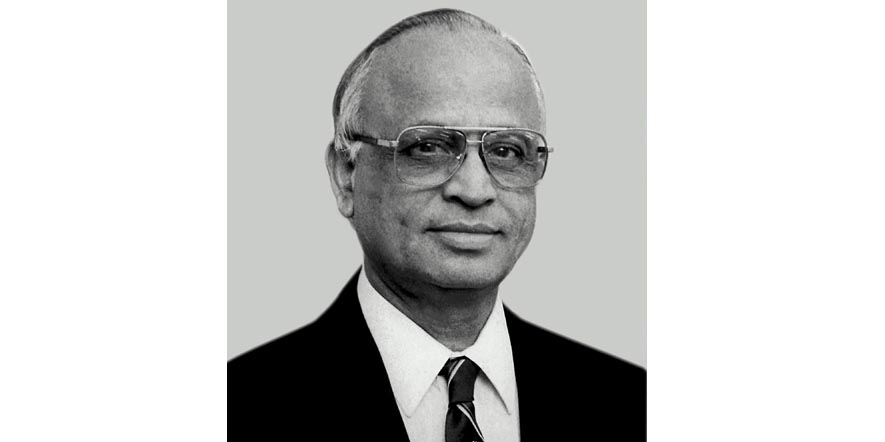ID :
220290
Thu, 12/22/2011 - 09:10
Auther :
Shortlink :
http://m.oananews.org//node/220290
The shortlink copeid
India's nuclear scientist P K Iyengar dead

Mumbai, Dec 22 (PTI) Noted nuclear scientist P K Iyengar, who played a key role in India's first atomic test in 1974 and pioneered experiments in cold fusion died here Wednesday after a brief illness. He was 80.
"The end came at 3.30 pm at BARC Hospital here due to complications arising from lung infection," his son Srinivas Iyengar told PTI.
He is survived by wife, son and a daughter.
Iyengar, a former Chairman of India's Atomic Energy Commission, also played a key role in India's civil nuclear agreement with the US by forming a pressure group of top nuclear scientists. The pressure group of eight leading nuclear scientists reminded the government of the US decision to suspend fuel supply to India's Tarapur reactors in the early 1980s and advised caution. They also ensured that the government took utmost care in negotiating the civil nuclear agreement with the US and did not get into trouble.
He was one of the key figures in the Operation Smiling Buddha -- India's first peaceful nuclear experiement at Pokhran on May 18, 1974 -- as second-in-command of operation leader Raja Ramanna.
He also pioneered cold fusion experiments in the 1980s to prove the hypothesis that nuclear fusion can occur at ordinary temperatures under certain scenarios.
"In the recent months he (Iyengar) was very happy to learn of the development of the Ni-H Rossi reactor and the imminent commercialisation of Cold Fusion/low energy nuclear reactions," said M Srinivasan, a close associate of Iyengar in the experiments.
After post-graduation in Physics from Kerala University, Iyengar started his career with the Tata Institute of Fundamental Research in 1952.
Some of the key positions he held included scientific adviser to Kerala government, member of board of the global technology development centre and president of the Indian Nuclear Society. PTI





